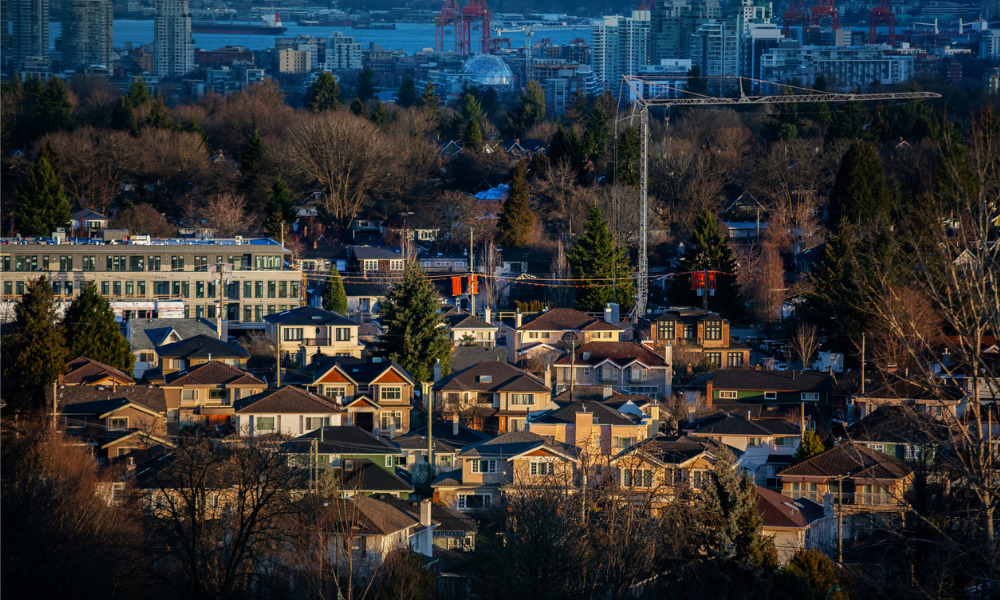Municipalities with absentee homeowners also subjected to additional tax

B.C.is broadening the application of its vacancy and speculation tax.
North Cowichan, Duncan, Ladysmith, and Lake Cowichan on Vancouver Island, as well as Lions Bay and Squamish on the Sea to Sky corridor, will soon be subject to the tax, which is intended to discourage property speculation and idle properties in major urban centers.
As reported by the Vancouver Sun, these new settlements will be "protected" by the tax beginning in 2023, according to B.C. finance minister Selina Robinson.
“People in these communities [have] been vocal about the intense housing pressures they have been facing including speculation and near-zero rental vacancy rate,” she told the Sun.
“After careful consideration and listening to people and community leaders on speculative real estate concerns in their communities, we’re expanding the tax to these additional areas that are facing intense housing pressures.”
The NDP government enacted the tax in 2018 as a means of discouraging speculative real estate and empty properties. Additionally, it was aimed at foreign owners and Canadian-citizen satellite families that made their living elsewhere.
Owners of vacant properties in the metro areas of Metro Vancouver, Victoria, Nanaimo, and Kelowna are currently subject to the tax. The tax burden is larger for satellite families and foreign owners.
According to Robinson, the decision to extend the tax to smaller communities was made following an independent review that revealed these areas were facing housing challenges as a result of their exempt status and proximity to taxed areas.
However, Whistler, a resort community north of Squamish with a well-known housing shortage, was excluded from the extension.
Whistler faces "unique" housing issues because of its prominence as a tourist destination. Robinson noted that the government is keeping an eye on the housing market in Whistler and other resort areas and would utilize different methods to address their problems.
The speculation and vacancy tax are keeping home prices and rentals down as anticipated, the ministry said, citing an independent report prepared by University of B.C. Professor Tsur Somerville and analyst Jake Wetzel.
The tax has helped 20,000 condo units return to Metro Vancouver's long-term market. Additionally, between 2018 and 2020, it increased government revenue by almost $231 million, with 68% of the income coming from foreign owners and satellite families.
Green Leader Furstenau, who is also MLA for Cowichan Valley, welcomed the tax but added it is not a silver bullet. “We need to increase supply (especially of non-profit and co-op housing), encourage municipalities to enact density zoning, and more,” she said in a statement.
For foreign owners and satellite families, the speculation and vacancy tax imposes an additional 2% on the assessed value of the property; for locals, it imposes an additional 0.5 %.
Every year, homeowners are required to submit a statement outlining their residency status and the use of their property.
The tax will go into force in the new communities in January 2023, which means homeowners will have to disclose their status for the first time in January 2024. Primary residences, buildings with a long-term tenant, and other situations all qualify for exemptions.



